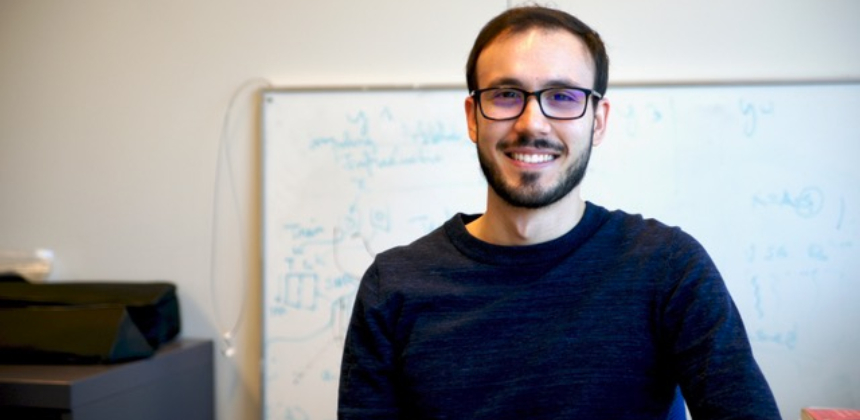The effect of uncertainty about the number of rounds the game will take is hence enlightened. For instance, how much time the players have to avoid the consequences of surpassing a dangerous verge. Surprisingly, the results indicate that, for low levels of this timing uncertainty, not only collective success does not decrease significantly, but they observe a behavioral shift. Contrarily to what happens when there is no uncertainty, participants invest earlier and in a more polarised manner.
Moreover, a behavioural analysis of the experimental data reveals that, under timing uncertainty, participants of successful groups tend to reciprocate in a similar fashion to the group analogous of the Tit-for-Tat strategy, where players only increase their investments if the group does the same. Such a result indicate that certain behavioral ecosystems are more successful than others in achieving the equilibrium that is socially optimum.
Interested in more research? Stay tuned for our reviews of the research meetings. You can read at the AI Lab News about the next session which will welcome Anna Jon-And, guest researcher from Stockholm University: “Minimal prerequisites for processing language structure: A model based on chunking and sequence memory”.

